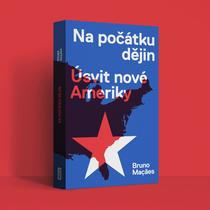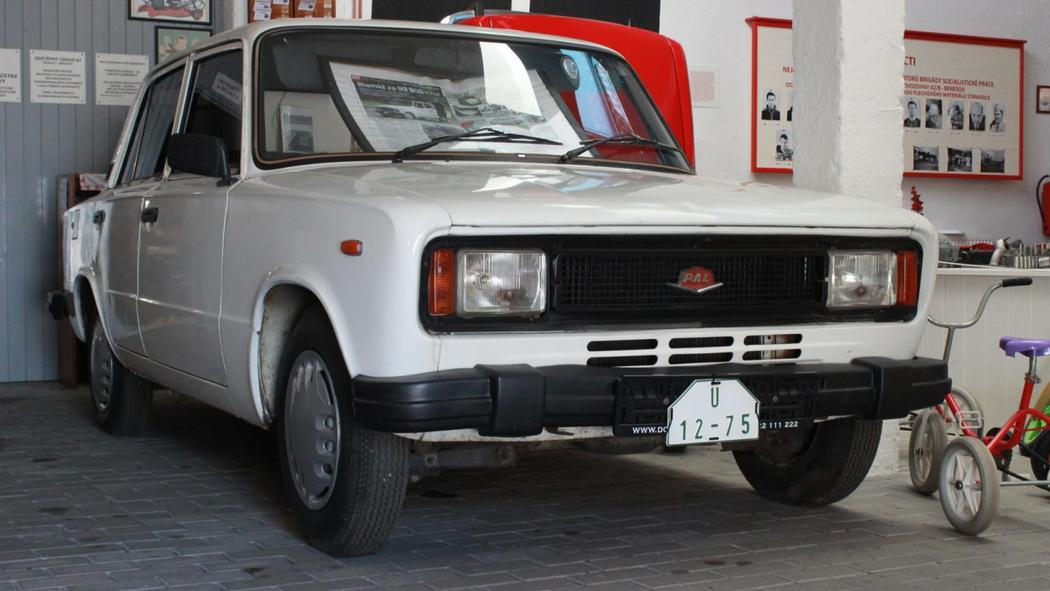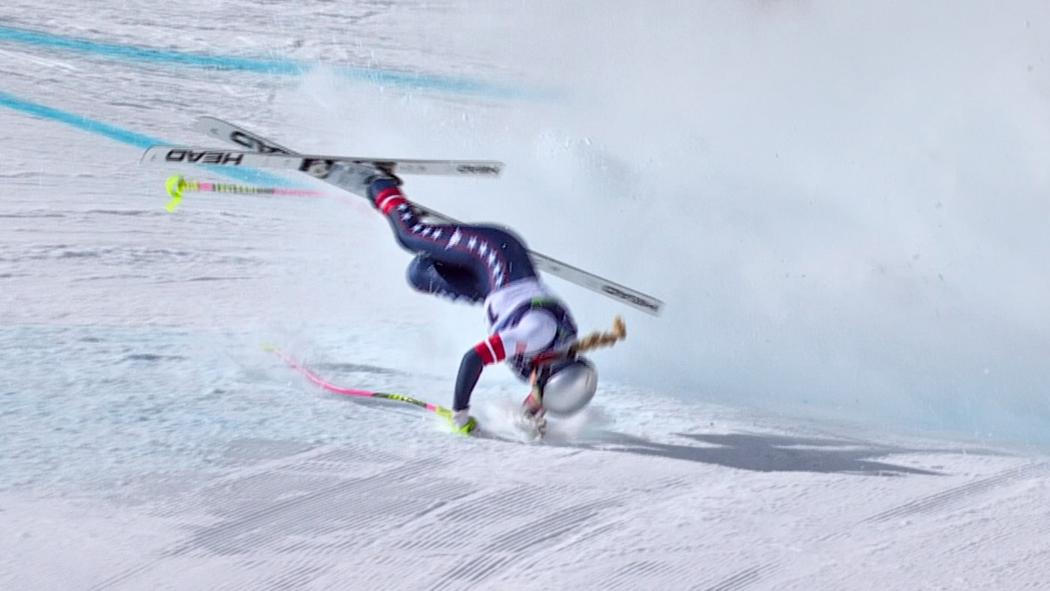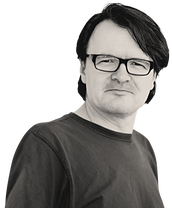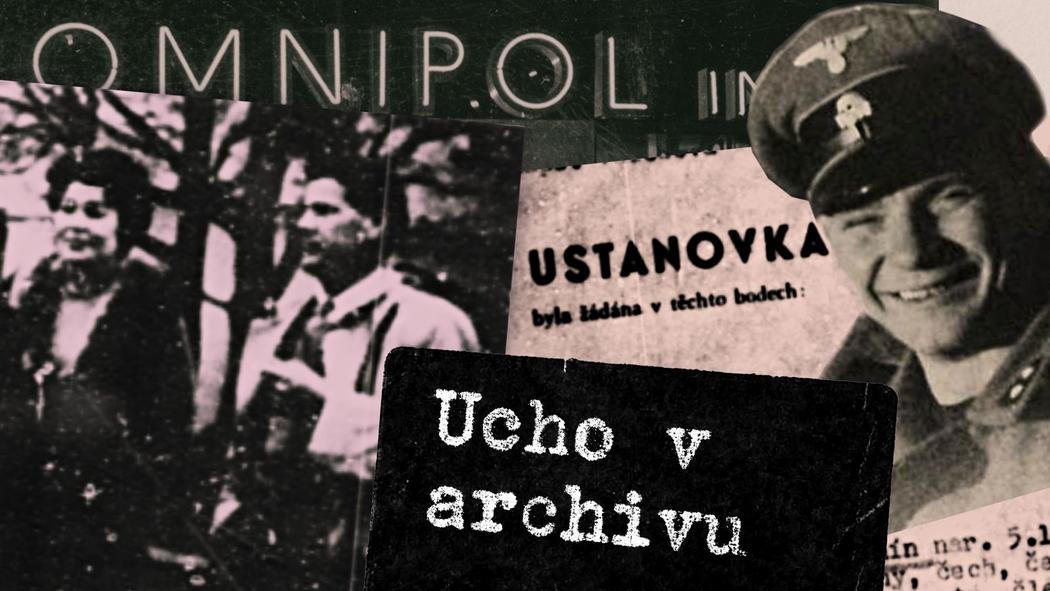Like someone her age from about a century ago, Oleksandra has seen more than she deserves, lived in more places outside her ravaged homeland than she should have.
The recent graduate of Prague’s Anglo-American University does not want me to use her last name, but she wants to make sure I spell her first name the Ukrainian way, as I just did. Also, she wants to emphasize her story is nothing special, she said as we sat last April in Vienna’s lovely old Café Ritter, its 20th century Interwar and Postwar mélange of wood paneling, high stucco ceilings, and cheeky signage recalling earlier refugees, earlier invasions and occupations to our east.
When she came from Kherson and started college in Prague, Russia was just beginning to tear her country apart, but her hometown remained safe. Now, working for Vienna’s Webster University, she had seen Kherson occupied, ravaged by those occupiers, liberated, then relentlessly shelled. She was sure Ukraine would win, but not sure she could return.
“It’s not only about Kherson being dangerous,” she said. “I am terrified about going back because my high school has been destroyed, my university has been destroyed, and my grandparents’ home has been destroyed.”
What doesn’t kill you makes you stronger, but I think it also shows you weakness, your own and others’, more clearly. We discussed southern Ukraine’s neighbor Moldova, where I’d seen firsthand the fear of Russian invasion, under the same pretext of protecting the country’s Russian-speaking minority.
“That’s what a 30-year sophisticated propaganda campaign can do,” Oleksandra said. “I wish the Moldovan people would see that the entire West would be on their side if they resisted Russia. This is exactly what they did to us: 30 years of telling us we were weak. As a result, you don’t recognize your might and your power until you are in the fight of your life. We didn’t expect it from ourselves, either. I think they should just consider mobilizing.”
She spoke evenly, dispassionately about the death and destruction that has engulfed her nation. “People take these 80 years of peace for granted until the rockets fly over your head – and even then, sometimes not.” In Kherson, the rockets fly daily and someone is killed almost daily since its liberation from the Russian occupiers, I noted.
“That’s something that we expected,” she said, bravely.
We talked hopefully about the then-looming Ukrainian counter-offensive, laughing nervously how it had loomed for so long. Maybe Ukraine would aim for Melitopol? I asked. “That would be a logical step,” she said, “but our generals tend to be very creative and out-of-box thinkers.”
She would have Moldova take down its massive Soviet era “liberation” monuments just as Ukraine has done.
“They belong in the museum, not the main square.” In Kherson, retreating Russian troops took away statues of Potemkin and Soborov. “So, they did us a favor,” she said. Odesa, on the other hand, dismantled and moved its Catherine the Great statue to a museum. She has little sentiment for Russian “liberation” from the Nazis.
“Those troops of the Soviet World War II liberation were mostly not Russian,” she says. “They were not ethnically pure.” And then the big surprise, for an American – though a Czech might know already.
“Look, I was born a Russian speaker. I spoke Russian until the invasion.” She revealed this as she wrote in my notebook the correct Ukrainian spelling for Mykolaiv, not the Russian Mikolajev/Nikolajev. I’d told her how a Kyiv journalism student had corrected my spelling when I showed her class one of my articles on refugees.
“Tiny details make the difference,” she said. “The language matters.” Both of her parents had been Russian speakers.
“They haven’t used Russian since the invasion. “Ultimately, it’s a marker of allegiance. I was educated as a Ukrainian,” she continued. “You know, there was no other country as oppressed linguistically as us. That’s another thing: Moldovans and Georgians have this unique advantage in dealing with Russia, language. They should be cultivating it any way they can.”
She showed me phone photos. Her family home in Kherson is only partly destroyed.
“The walls are intact,” she announced proudly. “We were crazy lucky.”
They got her mother out of Kherson while her father was outside Ukraine for work. “We knew the war was coming,” she recalled, though her parents returned to Kherson after a late January 2022 visit to Vienna. “We barely slept at night. Even though I insisted to my mother to have the car ready, she wouldn’t. My parents didn’t believe Russia would invade. ‘Oh please, no need to panic’—that’s what my dad would say.” He was in Brussels for work on February 24.
“My mother was as unprepared as could be. We thought it would take a few days for the Russians to advance.” The first bombs were dropped on Kherson at 3 a.m. on February 24. By late evening, the first Russian troops were in town, having already occupied other regional towns and infrastructure earlier in the day. “We’d already heard what was happening to civilians in Mariupol,” said Oleksandra. Finally, they convinced her mother to flee.
On Monday March 28 at 7 a.m., she was already at the first Russian checkpoint. “There were a total of nine,” Oleksandra said. “We were afraid of her going alone. She ended up in a group. We called them her dream team: a friend from church and her nine-year-old boy, a neighbor, and our shiatsu dog.
“Those were probably the hardest six hours of my life,” recalled Oleksandra. “I was almost certain she would not make the move. She couldn’t find her passport for a few hours – that would have been a perfect excuse.”
At the second checkpoint the Russian soldiers were young. One saw a little Ukrainian flag that had fallen from the seat onto the floor. “Please hide this,” he told her mother. “I’m from Crimea and I don’t mind but the next ones are Chechen guys, and they won’t be so nice.” She hid it. At the next checkpoint, a Chechen soldier took her sunglasses for himself, but that was all.
I told her I was sorry for her generation. Mine had lived our first 40 years in the Cold War, and deceived ourselves that it was over.
“It’s because my parents and grandparents didn’t do the job, so we have to,” she said, again bravely. Though she said she won’t return, her parents insist they will. “It’s been a year of persuasion,” said Oleksandra, “but I gave up.” She can’t return though, she reiterates. “It’s not just the infrastructure,” she adds. Kherson’s pre-war population of 280,000 has dropped to about 60,000. “This was Putin’s plan, and why it’s a war crime.”
We argued a little over how to treat well-intentioned Russians who oppose this invasion but can’t say much, or anything, or who just try to avoid the subject out of fear. Surely, we needed to work with them, right?
“I don’t speak with Russians,” Oleksandra answered. “They need to accept that they were wrong. Russia has never apologized for any criminal act. “I’m sorry to say it, I know you’re a journalist, but for me the only good Russian is a dead Russian.” She paused. “They came to my country with guns in their hands,” she said quietly.
A couple months after our interview, Russia flooded the Nova Kakhovka dam, devastating Kherson further. Oleksandra’s family was safe, she said. The shelling continued through the summer and fall, relentlessly. The much-vaunted Ukrainian counter-offensive stalled. What did Oleksandra think now?
“The flood was a real disaster for the city, though not as much as in the surrounding villages,” she acknowledged, and talked movingly of the stray animals and livestock lost and some rescued. “It was amazing to see how mobilized Ukraine was,” she said, “I think it was the 2nd most mobilized after the invasion itself.” The Ukrainian postal service had to ask people to stop making donations, she said.
Oleksandra has joined an Austrian-Ukrainian aid group, Unlimited Democracy. They are helping the frontline town of Beryslav, 96 potentially deadly kilometers upriver from Kherson, where some 120 schoolchildren remain, providing stationery, computers and more. I reminded her how she had said, four months earlier, that she didn’t think she could return to Kherson.
“It never meant for me that I am giving up on my city. But the instinct of self-preservation has been much stronger in me,” she explained. In fact, her mother managed to sneak back into Kherson this summer, she said, unbeknownst to her daughter.
“She was on a visit to friends in Kyiv,” Oleksandra said. “She stayed in our place for two days, collected items.” Now the family has arranged for the house to not remain empty. “We now have two sisters living there. They’re my parents’ age. One is a schoolteacher. They decided to stay,” she said.
Does anyone even notice how Kherson suffers anymore? That evening online I read her the evening’s Ukrainian Armed Forces regional report: At Kherson direction Russian army shelled Beryslav, Tyahynka, Ivanivka of Kherson region and Kherson city. Russian aviation conducted airstrike at Tyahynka of Kherson region.
“That’s nothing special,” Oleksandra had said. “That’s just a typical day around Kherson.”
As I finish this, tonight’s new UAF report says: At Kherson direction Russian army shelled Kherson, Beryslav, Ivanivka, Ponyativka, Antonivka of Kherson region and Ochakiv of Mykolayiv region. Russian aviation conducted airstrikes at Zmiyivka, Novoberyslav, Kozatske. The war in Ukraine’s south has been daily artillery and airstrikes for months and months, now flying fully under the world’s radar.
The endless shelling from across the Dnipro, the stalled counter-offensive, the flooding, the unfriendly developments in Slovakia and Hungary, the dwindling and too-little-too-late U.S. military support, the West and indeed the world focused on Israel and Gaza, Russia’s seemingly endless supply of artillery and bodies – Oleksandra is resolute before all this bad news.
“If last year we were still processing through most of the year, this year we feel so much more determined vis-à-vis supporting the army,” she said. “We have to finish this.”
- By Andrew Giarelli
- The following is an excerpt from Millennial Mitteleuropa, to be published by danzig&unfried (Vienna) in 2024.
